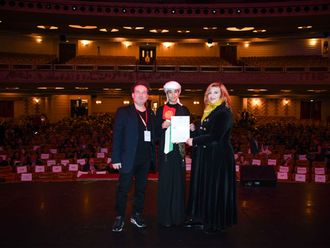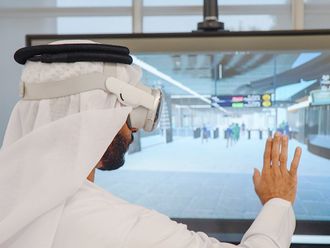President Gloria Macapagal Arroyo said she would not formally declare a state of emergency in Jolo and Basilan islands in southern Philippines, as demanded by the military which has failed to track down the Abu Sayyaf Group (ASG) which has brought more than 50 hostages to its hinterland lairs.
"If a state of emergency would be called, it would only be in Basilan," said Presidential spokesman Rigoberto Tiglao. "The proposal is being evaluated." It was in response to the military, which underscored that the situation in the south requires more than military action.
"A declaration of a state of emergency, martial law or an implementation of a national identification system could deter the civilians from supporting the Abu Sayyaf," explained Armed Forces spokesperson Brig. Gen. Edilberto Adan.
Citing countries where stricter measures are being implemented such as arrest and detention of terrorist supporters, Adan said: "I am just citing experiences of other countries for us to follow."
"In this kind of warfare, any government, any army, would have the difficulty of determining the combatant from the non-combatant," said Adan. "With a declaration of a state of emergency, perhaps it will make things easier for our government to deal with the problem," said Adan.
"We don't have a state of emergency, so how would we deal with the resources being provided to us? "This is beyond the military. This is a political decision and it is up to our higher authorities to decide on."
Meanwhile, Senator Juan Ponce Enrile urged Arroyo to declare a state of emergency in Basilan and Sulu. It would help the military destroy the terrorist Abu Sayyaf Group, explained Enrile.
Proposal of state of emergency under study
President Gloria Macapagal Arroyo said she would not formally declare a state of emergency in Jolo and Basilan islands in southern Philippines, as demanded by the military which has failed to track down the Abu Sayyaf Group (ASG) which has brought more than 50 hostages to its hinterland lairs.












